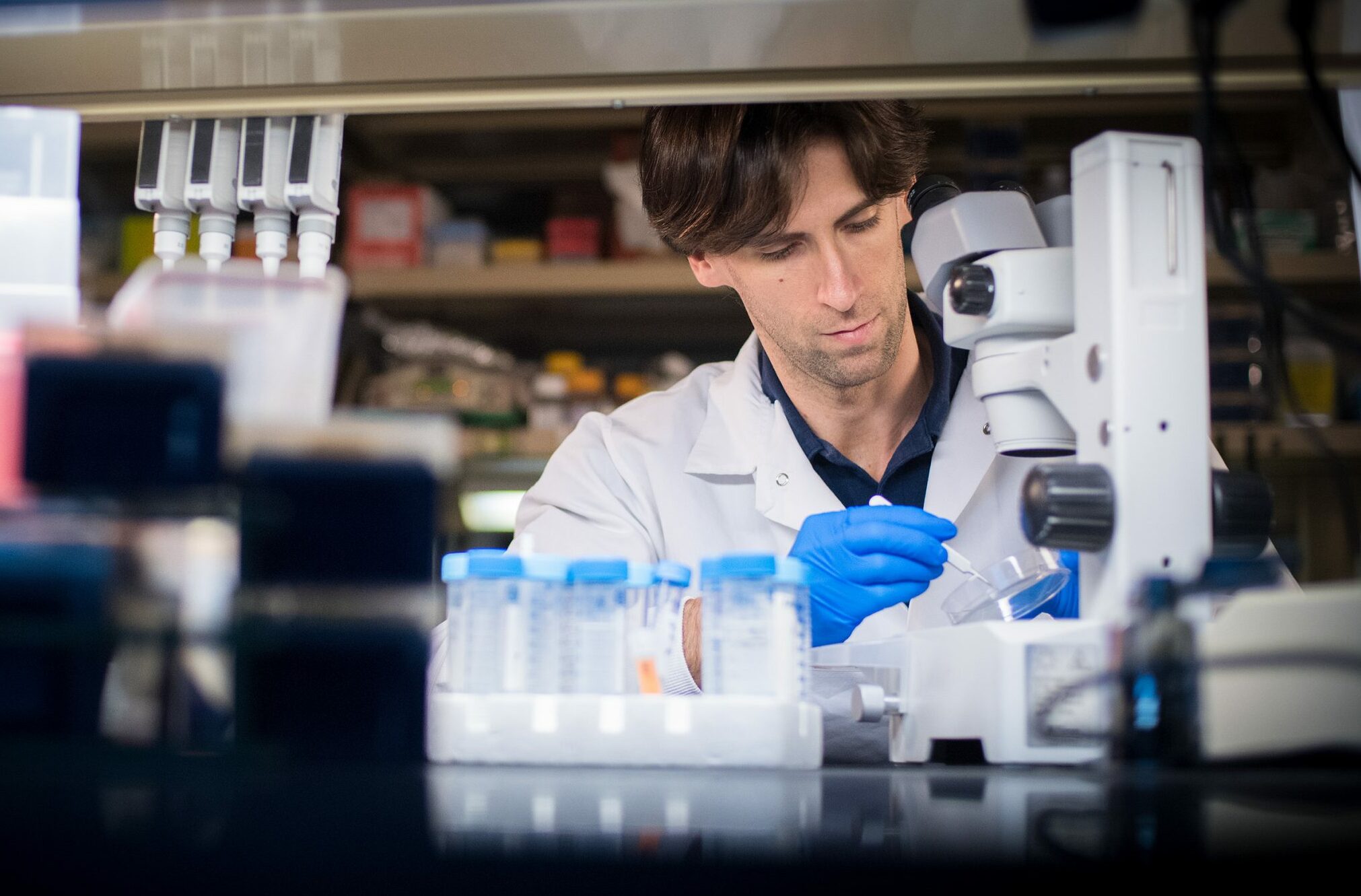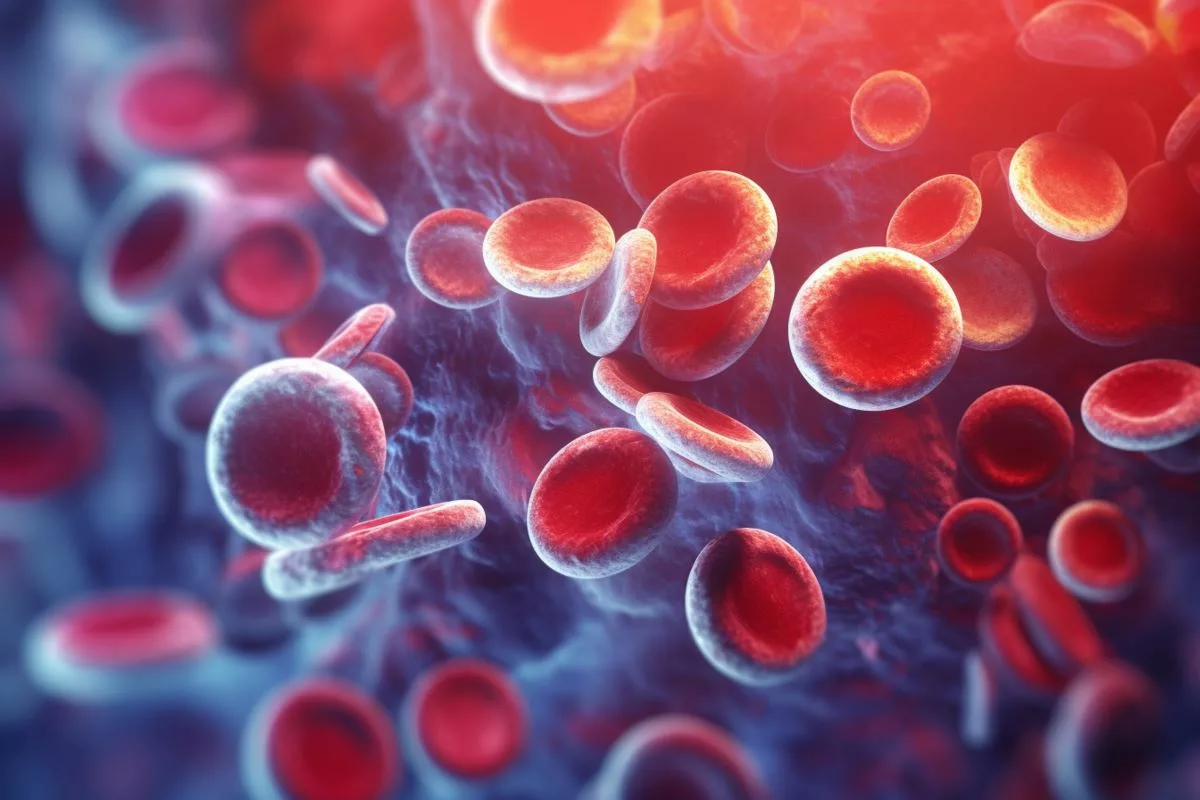Clinical trials
Clinical trials are research studies involving patients. Clinical trials for different forms of cancer, such as leukaemia, help researchers test possible new treatments or new and kinder ways to give existing treatments.

What are clinical trials?
Clinical trials are essential to improving understanding and treatment for leukaemia, and other blood cancers. They ensure new treatments are safe and test how well they work compared to what is currently available to patients.
Some current treatments for blood cancer are harsh on patients, and some forms of blood cancer such as acute myeloid leukaemia (AML) have very low 5-year survival rates, averaging at just 22%. Therefore, it’s vital we use clinical trials to improve more lives affected by blood cancer.
It’s important to understand that by the time a potential new cancer treatment has reached the clinical trial stage, it will already have been through rigorous testing in the lab.
Cancer clinical trials don’t just look at treatments. They might also look at ways of preventing the disease, improving diagnosis and quality of life for the patient.
Clinical trial phases
Treatment trials are divided into three main stages, called phases. It can take many years for a trial to pass through all three stages.
Earlier stage trials typically include a small number of people and focus on the safety of the treatment and the best dose to give. Later stage trials investigate side effects and how well the cancer treatment works compared to what is currently available.

Taking part in clinical trials for leukaemia
Clinical trials aren’t suitable for everyone. Each trial will have a specific list of criteria which details who is eligible to take part. This is often based on the type of cancer you have, the treatments already given and your general health.
Clinical trials don’t take place in every hospital in the UK. Early trials may include just a few patients in one hospital. Later stage trials could include a large number of patients across many different hospitals throughout the country or even around the world.
To see which clinical trials are possibly available, you can view upcoming trials on websites such as NIHR – Be Part of Research and Cancer Research UK. Your medical team will be able to tell you if there are any clinical trials that might be suitable for you.
There are clinical trials available for many different types of blood cancers – from acute lymphoblastic leukaemia (ALL) to acute myeloid leukaemia (ALL), lymphoma, and rare forms of blood cancer such as myelodysplastic syndromes (MDS).
Giving your consent
Before you decide to take part in a blood cancer trial you should be given detailed information about what is involved and a chance to ask any questions.
If you decide to take part you will need to sign a form to give your informed consent. This means you understand what the trial involves and agree to take part.
If you change your mind, you can leave the trial at any time.



